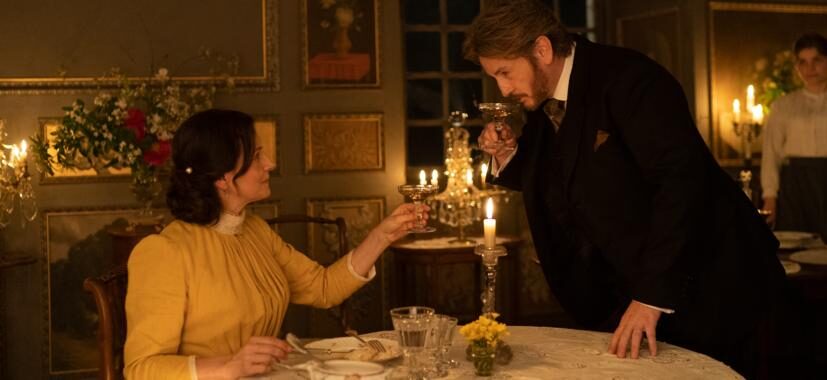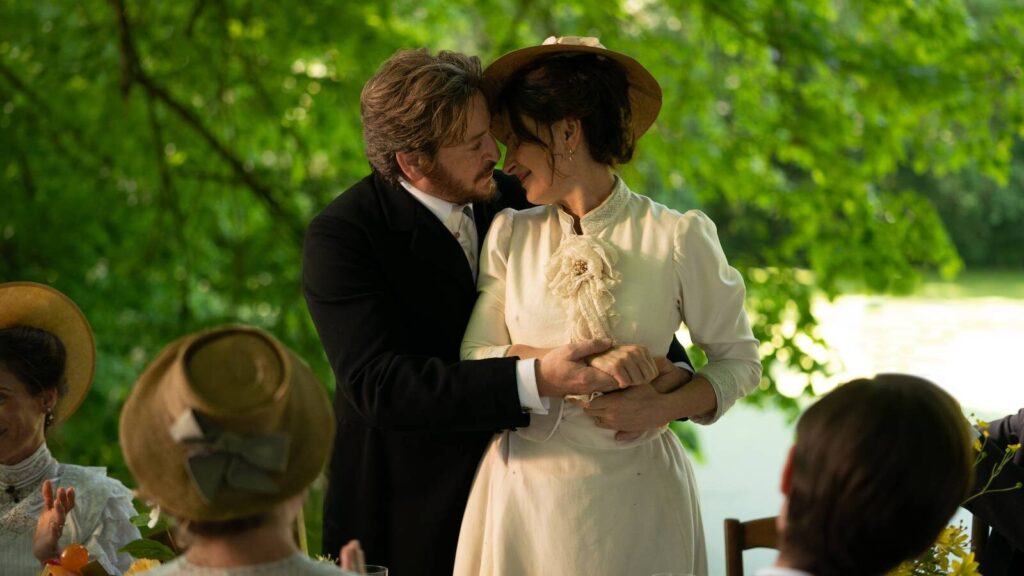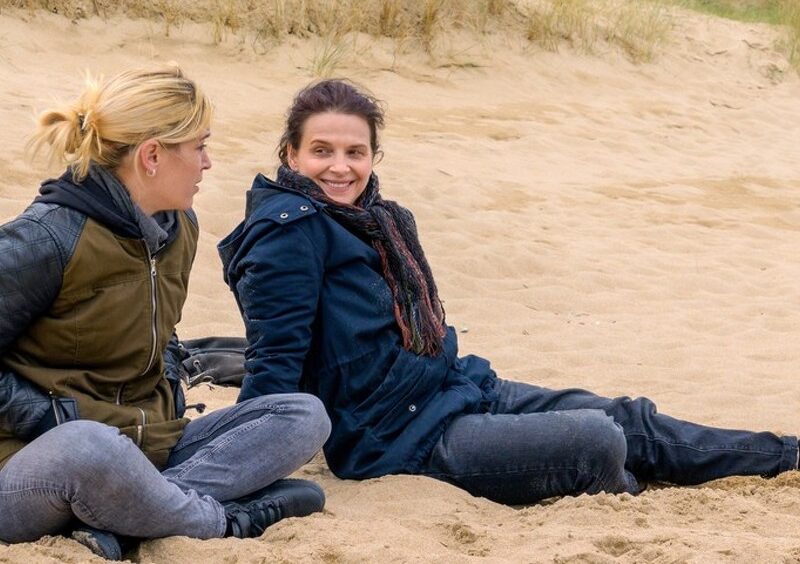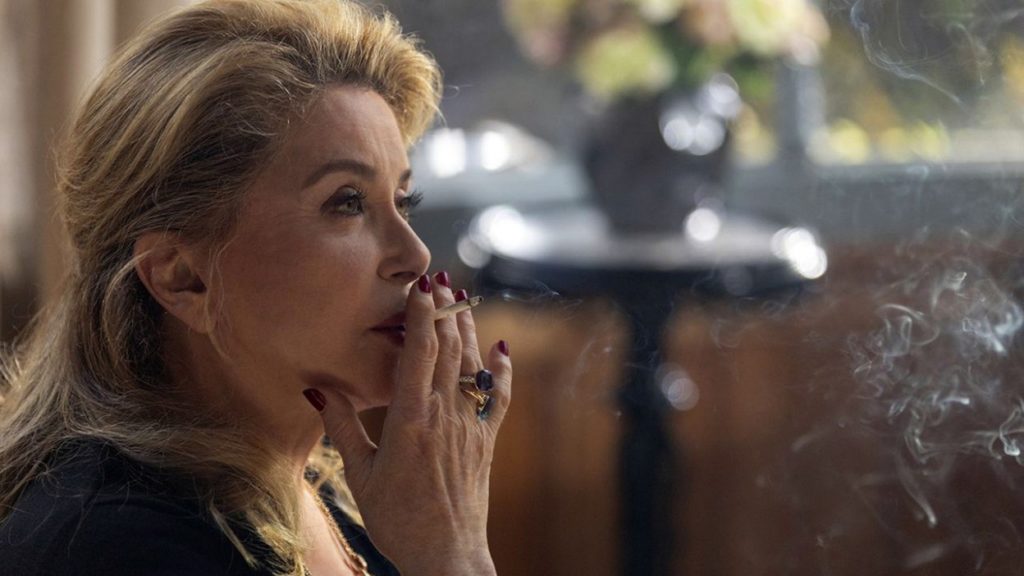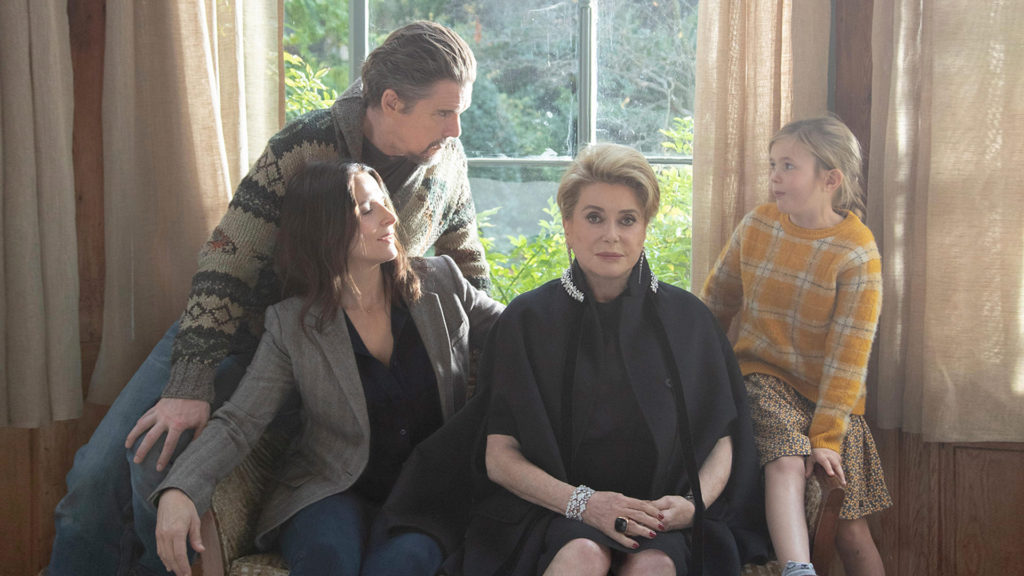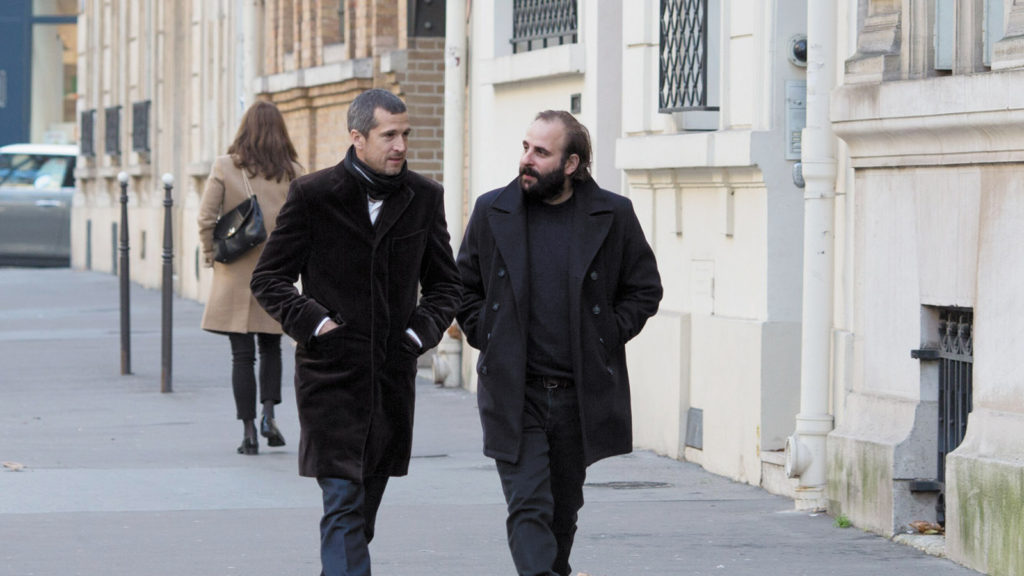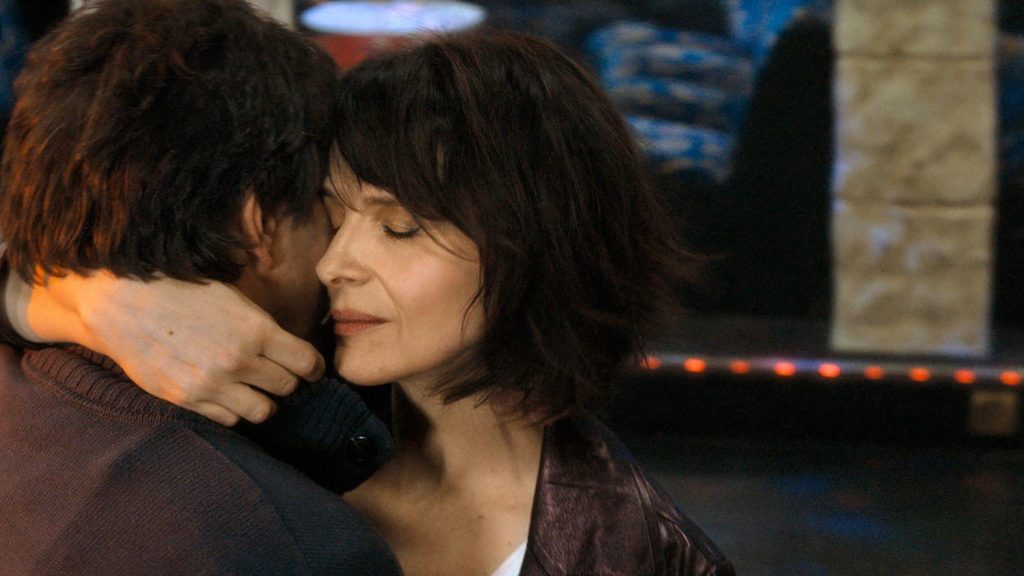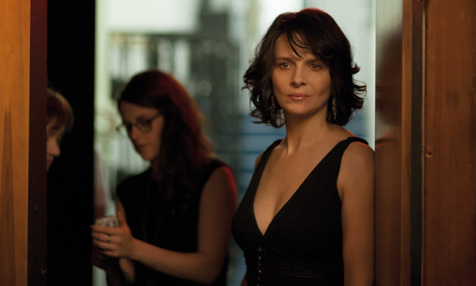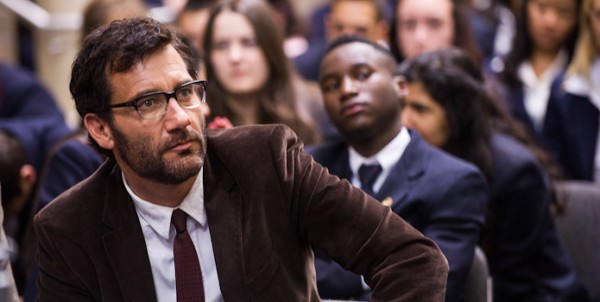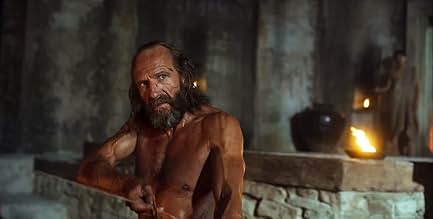
The Return brings 21st Century sensibilities to The Odyssey, a story that the ancient Homer told of an even more ancient time.
Odysseus is the king of of the island of Ithaca, and is known as the smartest of the great warrior kings who left their Greek homes for ten years to fight the Trojan War (Homer’s The Iliad). The Odyssey spans the ten years it takes Odysseus to return home, in which he pleases and displeases various Olympian gods, blinds and slaughters an assortment of monsters and shacks up with a witch-goddess and then a nymph. Most tellings of The Odyssey focus on those rip-roaring adventures. That’s the case with the delightful 1954 Kirk Douglas version, Ulysses, and the really bad 1997 miniseries with Armand Assante and Greta Scacchi. (Christopher Nolan, in his first film after Oppenheimer, will release his version of The Odyssey later this year.)
The Return is based on the very end of The Odyssey, when a shipwrecked Odysseus (Ralph Fiennes) is finally cast upon the beach at Ithaca, and doesn’t like what he finds. His kingdom is overrun with suitors for his wife Penelope (Juliette Binoche). The suitors are demanding that Penelope, with Odysseus presumed dead after twenty years, marry one of them (and make the guy king).. They are a scummy lot, and Penelope is resisting with delaying tactics, but the pressure is overwhelming. The suitors are enjoying one big frat party, whoring and stripping the island’s economy of food and wine. Her son Telemachus (Charlie Plummer) is now a callow twenty-year-old, old enough to hate the situation, but too young to do anything about it. Can Odysseus set things right? Will he be accepted by his people? By the wife he hasn’t seen him for twenty years? By the son who doesn’t know him?
There’s no Poseidon and Athena, cyclops or sea monster in The Return. Director and co-writer Uberto Pasolini has stripped the mythology and supernatural out of the story to focus on human reactions to the consequences of our choices, to war and to abandonment.
What was not well-understood in Homer’s time is that even the glory of victory does not wash away away the emotional impacts of having experienced war. The Return’s Odysseus suffers from PTSD, no longer reveling in winning a war that slaughtered the civilians of Troy. He is feeling guilt for the war, for leading his Ithacan comrades to their deaths, and for abandoning Penelope, Telemachus and Ithaca for so many years. Sure, Penelope’s suitors are the direct cause of the current chaos, but the root is in Odysseus’ original decision to leave.
Similarly, Penelope has feelings that are intense and ambivalent. She doesn’t know whether to grieve the loss of her husband. She’s been single parenting for twenty years, running both a household and a kingdom. She’s worried about her son’s survival, given that his existence is inconvenient for the suitors. She’s stressed and weary, and the pressure from the suitors is pushing her over the edge. On the one hand, she yearns for the man she loves and wants Odysseus to come back and fix this mess. On the other, she resents whatever he’s been doing these past ten years (and with whom), and she feels the hurt of his original decision to go off to war.
I appreciated seeing Odysseus and Penelope through a 21st Century lens. The first encounter between the two is electrifying and emotionally rich. I did find their dialogue in the final scene to be stilted.
The Return is an acting showcase for Ralph Fiennes. This Odysseus, besides being emotionally tortured, must show the effects of two decades of suffering on a middle-aged man and also retain the combat skills of an ancient Special Ops warrior. In a remarkable performance, Fiennes pulls it off in spades.
I have to also mention that, at age 62, Fiennes is a remarkable physical specimen. He is so ripped that his extreme exploits at the film’s climax are entirely believable.
Juliette Binoche is similarly excellent as her Penelope feels determination, hopelessness, longing, resentment, anger and disgust, often at the same time.
Marwan Kenzari is really good as Antinous, by far the smartest and most manipulative of the suitors, the lone slick conniver amid a gang of thugs.
The Return is only the fourth film that Uberto Pasolini has directed in a quarter century. Hw was Oscar-nominated for the massive 1997 arthouse hit The Full Monty. He is not related to the groundbreaking filmmaker Pier Paolo Pasolini, but he is the nephew of iconic director Luchino Visconti.
The Return is now streaming on Amazon, AppleTV and Fandango.

